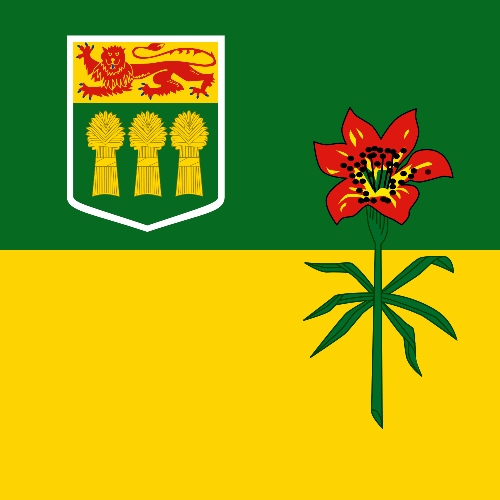English Language Arts 10
CC A10.1
Compose and create a range of visual, multimedia, oral, and written texts that explore:
- identity (e.g., Foundational Stories);
- social responsibility (e.g., Destiny and Challenges of Life); and
- social action (agency) (e.g., Human Existence).
Indicators for this outcome
| (a) |
Use representing, speaking, and writing to respond to experiences or texts (e.g., a staged dramatic scene, a television episode, a significant personal event). |
| (b) |
Create spoken, written, and other representations that include:
|
| (c) |
Develop and present a project-based inquiry related to a theme or topic of the course:
|
Loading...

R053615
Deepening the Discussion: Gender and Sexual Diversity
This document will assist individuals and communities to engage in meaningful discussions and actions to respond to the experiences, perspectives and needs of students and families who are gender and/or sexually diverse (GSD).
Content includes:
- Gender and Sexual Diversity
- First Nations and Métis Ways of Knowing
- Assumptions, Privilege and Oppression
- Comprehensive School Community Health (CSCH)
- CSCH Approach to Creating Inclusive Schools
(More information)
Links :
PDF Document
Media and Formats :
Document
Price :
Free




Record posted/updated:
December 10, 2025
